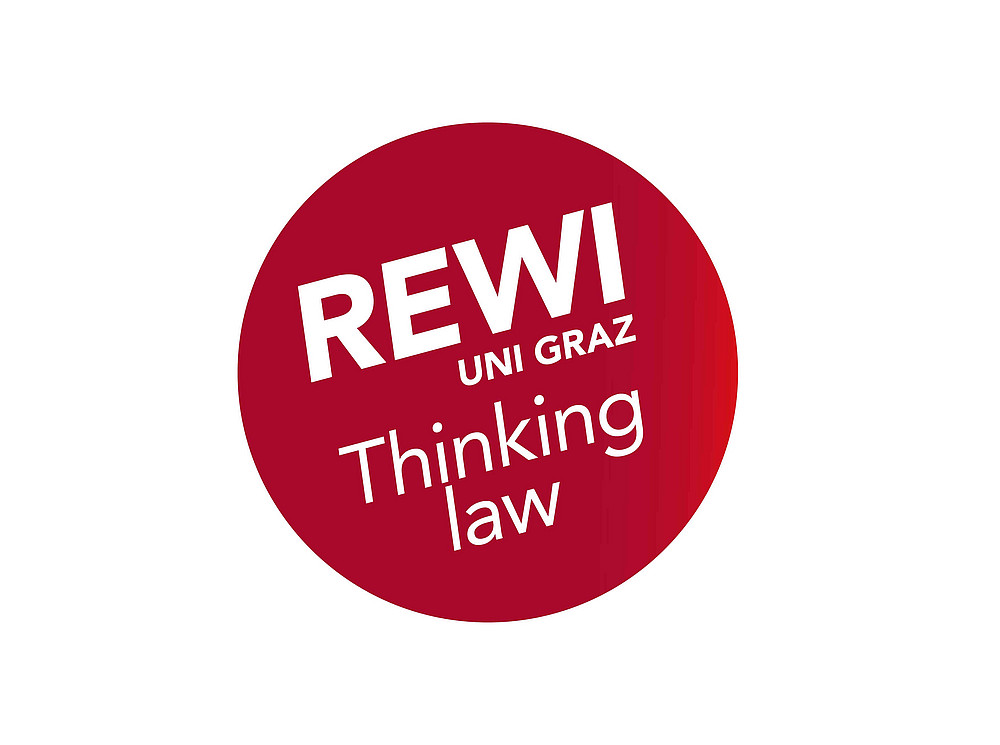Projekte des Zentrums
Laufende Projekte
Promoting Academic Freedom in Ukraine (FreeAC): The aim of this project is combating the impact of "brain drain" on academia in Ukraine due to the Russian agression against Ukraine by supporting displaced academia and students and embedding them in a network, establishing academic cooperation between Ukrainian universities and partner institutions in Europe, undertake joint research on the right to academic freedom, and developing a strategic outlook for higher education in Ukraine (2023-2026).
Abgeschlossene Projekte
COST Action: Global Digital Human Rights Network (GDHRNet) explores the theoretical and practical challenges posed by the online context to the protection of human rights and addresses whether international human rights law is sufficiently detailed to enable governments and private online companies to understand their respective obligations vis-à-vis human rights protection online (2020-2024).
Sports Organizations Matching Social Inclusions Issues (SmatchS) is an EU-funded initiative of six organizations from sport, social and academic areas, willing to contribute with their joint efforts to encouraging social inclusion and equal opportunities in sport. The key idea of the project is to create synergy between sport and social organizations from Spain, France, Ireland, Portugal, Cyprus and Greece in order to develop and apply to the local contexts a methodology for social inclusion of children with migratory background (2021-2024).
HERAS+: Building a post-war justice system in Kosovo: the independence, impartiality, fairness and accountability of the internationalized judiciary. In cooperation with next-generation researchers of the University of Peja, the project investigates how international(ized) judicial institutions operate in a post-conflict setting under the international legal premises of independence, impartiality, fairness and accountability (2021-2024).
Hate Speech im digitalen Zeitalter - Bestandsaufnahme, Bewusstseinsbildung und Gegenstrategien für die Steiermark (No2Hate@WebStyria). Das Projekt erforscht in Zusammenarbeit mit der Antidiskriminierungsstelle Steiermark online hate speech und entwickelt Gegenstrategien (2019-2021).
Politically motivated crime in the light of Migration Flows – Part II (POMIGRA II): Koordiniert vom Bundeskriminalamt der Bundesrepublik Deutschland wird der gegenwärtige österreichweiten Forschungsstand im Bereich extremistisch motivierte Straftaten analysiert (2017-2019).
Engaging Armed Groups to End the Six Grave Child Rights Violations in Darfur: In Weiterführung mehrere Konferenzen des Österreichischen Studienzentrums für Frieden und Konfliktlösung (ÖSFK) mit nichtstaatlichen bewaffneten Akteuren in Darfur (Sudan) und der African Union/United Nations Hybrid Operation in Darfur Child Protection Unit UNAMID soll die Akzeptanz von Kinderrechten gestärkt werden (2017-2021).
University Education for Intercultural Peace and Understanding is an academic cooperation project with the goal of enhancing and integration of intercultural understanding, human rights and peace building in the mission and strategy of the University of Prishtina (2017-2021).
